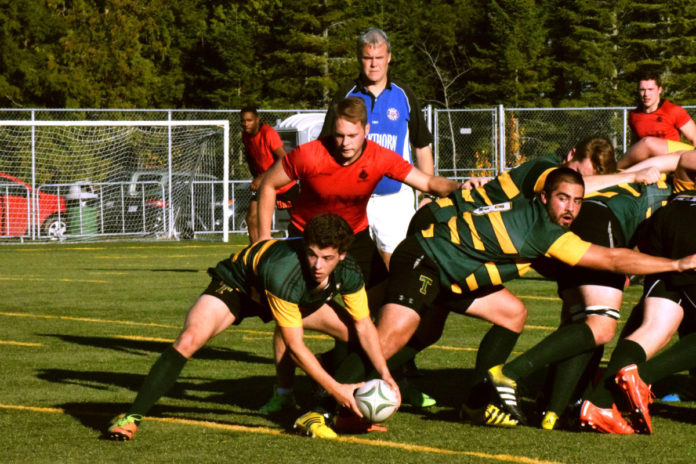
Collegiate sports can provide a sense of community within university campuses, but like professional organizations, teams disperse in the offseason. Athletes return to their homes and resume the lives they lived prior to joining their college teams.
My life outside the Tommies surpasses athletic participation in many ways. The return to team life is somewhat jarring. Many university athletes participate in amateur sports throughout the summer, and just as many do not. The gap between fresh and rusty skill sets establishes the tone for training camps.
From a coach’s perspective, the initial purpose of the first few practice sessions upon return is to gauge the readiness of both returning and rookie athletes. Many athletes have the means to continue their training and actively participate in their sports throughout the university off-season, but just as many are pulled away from sport by the need to prioritize work and/or family life.
“I spent all summer working shift work in a plant, so I didn’t get the opportunity to keep up with the sports I usually play,” said Nigel Cornelius, veteran Tommies prop.
Training camp serves to hone the skills of athletes and unearth the abilities of those who have not trained since the end of the last season.
Aside from skill development, the beginning of a new season also presents teams and coaches with the challenge of building team culture. One of those challenges is to form a cohesive unit with the team, which is done by creating bonds and building a ‘family’ style of relationship with the players and coaching staff.
“It’s great to come back and get to play a sport I love as well as catch up with my old teammates and meet the new recruits,” said Cornelius.
Matt Coffey, Tommies rugby coach, emphasizes the value of communication regarding a player’s expectations during these initial weeks.
“You want to build a culture of growth and collaboration,” Coffey said.
Team bonding activities, such as BBQs, social events and camping trips help to build familiarity between teammates and staff, which ultimately leads to unity within the game itself. Whether new or returning, after the bonding moments, teams are poised to take on the competition as a newly-formed family, not as individual players.
